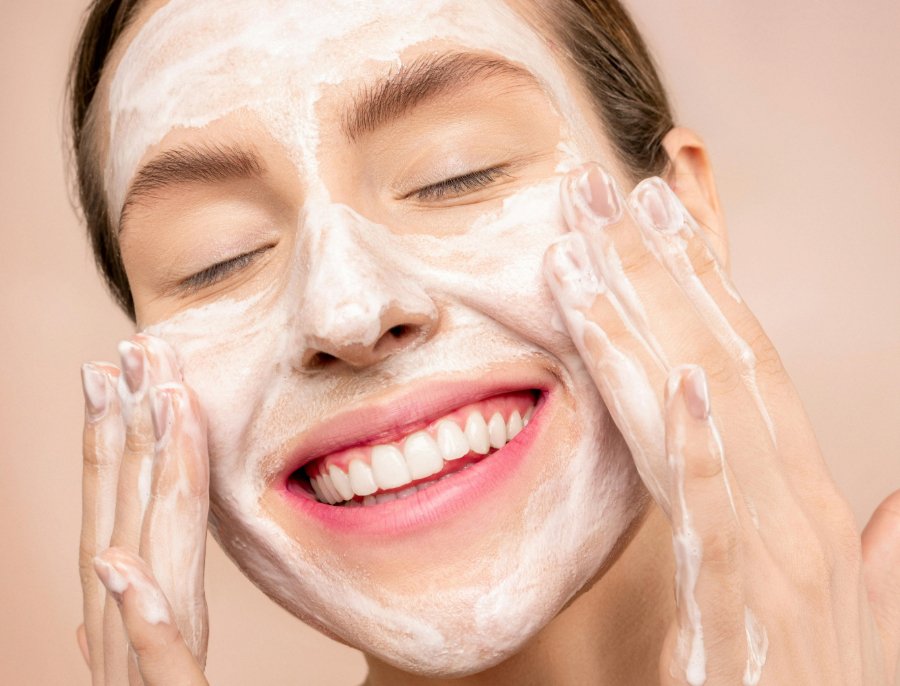Navigating the Skincare Jungle: Myths vs. Facts
The world of skincare can often resemble an obstacle course, particularly on social media. As influencers promote everything from slugging to chlorophyll drops, discerning fact from fiction may feel overwhelming. Understanding what really works can be a challenge, but fortunately, there’s expert guidance available.
Debunking Skincare Myths with Dr. Shereene Idriss
In a recent episode of Breaking Beauty, dermatologists Jill Dunn and Carlene Higgins invited Dr. Shereene Idriss, a leading Manhattan dermatologist, to help clarify some prevalent skincare myths and offer practical advice that anyone can implement.
1. Personalized Summer Skin Care
Unlike the rigid routines many follow, Dr. Idriss emphasizes that summer skincare shouldn’t be one-size-fits-all.
- Humidity Effects: The warm, humid climate allows for simplified routines.
- Less is More: Unless you have exceptionally dry skin, layering products like hydrating toners and serums is often unnecessary.
2. Sunscreen: Separating Fact from Fiction
The narrative surrounding sunscreen can be fraught with misinformation. Dr. Idriss sheds light on this:
- Chemical vs. Mineral Sunscreens: “Mineral sunscreens are not inherently better, and chemical sunscreens aren’t toxic,” she clarifies, countering fear-based claims.
- Fundamental Truth: Dosage is key: “The dose at the end of the day is what makes the poison.” Choose a sunscreen that you will wear daily; this is often better than searching for the so-called "perfect" formula.
For more information about sunscreen types, visit American Academy of Dermatology.
3. Ingredient Labels: What They Really Mean
How many times have you been lured by terms like "hypoallergenic"? Dr. Idriss warns that these claims often hold little weight.
- Hypoallergenic: This term lacks a standardized definition and could mean different things depending on the product.
- Nontoxic Claims: “Natural does not equate to better,” she points out, reminding us that even something "natural" like poison ivy can cause harm.
To better understand cosmetic ingredients, consult the Cosmetic Ingredient Review.
4. Trendy Skincare Practices to Avoid
Dr. Idriss also critiques rising trends, such as the “caveman regimen,” where individuals avoid washing their faces altogether.
- Moderation over Elimination: “We do not live in caves,” she humorously asserts, suggesting that while routine cleansing is essential, it shouldn’t be overly aggressive.
5. Smart Strategies for Buying Skincare Products
A few simple strategies can lead to smarter purchasing decisions:
- Treat SPF as Essential: Incorporate sunscreen into your daily routine as critically as brushing your teeth.
- Scrutinize Claims: Don’t settle for flashy promises; prioritize peer-reviewed studies over marketing tactics.
- Tailor to Your Needs: Match your products to your skin type, climate, and budget to ensure the best results.
Conclusion: Skincare Clarity Over Confusion
Navigating through the noise of the skincare industry may be daunting, but understanding the difference between facts and myths can empower you to make informed choices. By focusing on trusted advice and scientific reasoning, you can streamline your skincare routine and invest in products that genuinely benefit your skin.
For deeper insights and expert tips, tune into the full podcast episode with Dr. Idriss on Apple Podcasts.
With this knowledge in hand, you’re equipped to separate skincare fiction from reality, enhancing both your skincare regimen and your mental peace. Say goodbye to misleading trends and hello to effective, tailored skincare solutions.


